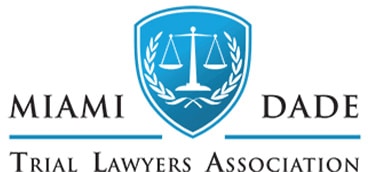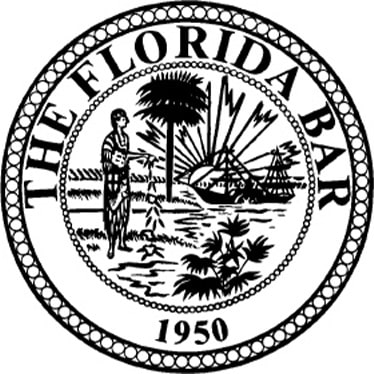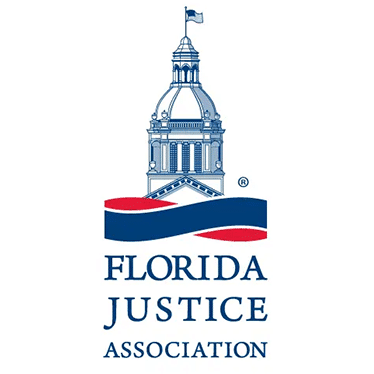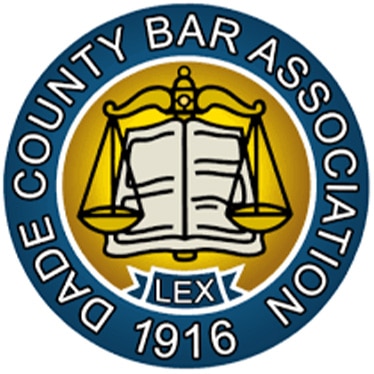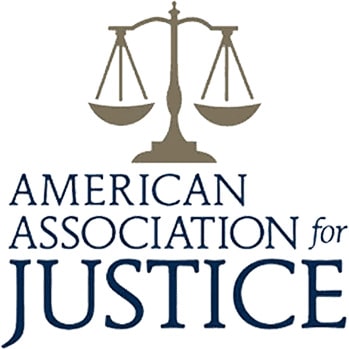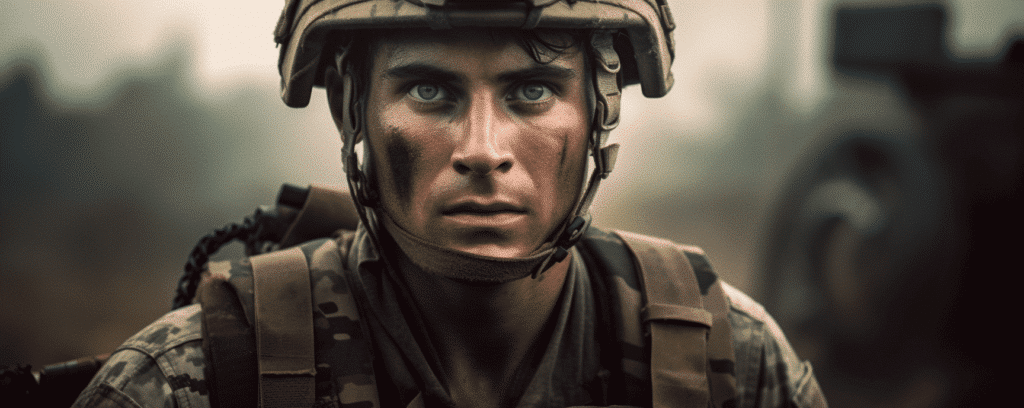
From 1953 to 1987, the United States Marine Corps Base Camp Lejeune in North Carolina earned considerable notoriety as a result of its contaminated water supply. For three decades, people working or living at the base were unknowingly exposed to numerous toxins in the water. Corps service members and their families were drinking, bathing, washing and cooking with contaminated water, and they only began to see the disastrous health effects much later. A list of serious diseases have since been linked to the poor water supply at the base, and veterans and their families have taken legal steps to get compensation for their suffering. If you think you might be eligible to get involved in a Camp Lejeune water contamination lawsuit, here is what you need to know.
Contact us today for your free & confidential case review. Our team will help you get the compensation that you deserve.
What Caused the Water Contamination at Camp Lejeune?
The camp received its water supply from the nearby Tarawa Terrace water treatment plant. Although there were several contaminants found in the water, including trichloroethylene, vinyl chloride, and benzene, the ones that were present in the largest quantities were perchloroethylene (PCE) and tetrachloroethylene, both of which are extremely toxic. The source of the contamination appears to have been an off-base dry cleaning firm, ABC One-Hour Cleaners, which was found to be using unsafe waste disposal procedures. The Agency for Toxic Substances and Disease Registry (ATSDR) ran tests on the water supply and estimated that PCE concentrations exceeded the current EPA maximum contaminant level of 5 ppb in drinking water from the Tarawa Terrace water treatment plant for 346 months during November 1957-February 1987.
What Toxins Were in The Water at Camp Lejeune
There were at least five dangerous toxins found in the water supply at Camp Lejeune: PCE, tetrachloroethylene, vinyl chloride and trichloroethylene. Of these, PCE was present in the largest quantities and appears to be the cause for most of the resulting health problems.
Camp Lejeune Toxic Water Symptoms

Cancer
Among the list of presumptive conditions linked to the water at Camp Lejeune were the following cancers:
- Adult leukemia
- Bladder cancer
- Non-Hodgkin’s lymphoma
- Kidney cancer
- Liver cancer
- Esophageal cancer
- Breast cancer
- Lung cancer
Neurobehavioral Effects of Camp Lejeune Contaminated Water
Ongoing research projects are making considerable headway in establishing a link between the consumption of water at Camp Lejeune between 1953 and 1987, and a number of neurobehavioral symptoms. Neurobehavioral effects are defined as conditions of the relationship between the nervous system and behavior. These symptoms include poor memory, dementia, poor concentration, post-traumatic stress disorder, insomnia, fatigue, motor problems, and more.
Birth Defects
The toxic water at Camp Lejeune was found to be connected to a number of miscarriages experienced by women who lived on the base during the specified period. It has also been linked to a number of birth defects present in the children born to mothers who resided or worked on the base. These defects include:
- Fetal death
- Low birth weight
- Major congenital malformations
- Miscarriage
- Neural tube defects
- Oral cleft defects (including blood cancers, cleft lip, spina bifida, and more)
Filing a Claim for Compensation After Camp Lejeune Water Contamination
If you are a veteran, or the family member of a veteran who served at Camp Lejeune for more than 30 days between 1953 and 1987, or you are a civilian who lived or worked on the base during that time, and you have experienced any the health conditions mentioned above, you may qualify to file a lawsuit for compensation.
The passage of the PACT Act in 2022, extended veteran healthcare to include exposure to toxic substances while in the line of duty. This extension applies to the family members of veterans who were also exposed to the same substances. If you think you may have a case in connection with Camp Lejeune, you should talk to a personal injury lawyer. After hearing the details of your story, we will be able to tell you if your case has merit, and we can then help you to file your suit and pursue compensation.
Frequently Asked Questions
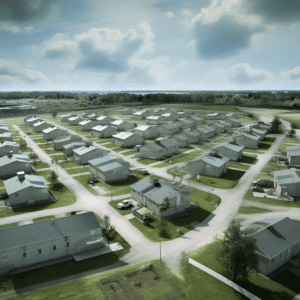
A: The wells containing the worst contamination were shut down in 1985, and the water supply improved steadily thereafter. Since 1987, the water supply has been deemed completely safe for consumption and use in cooking and cleaning.
Q: For Which Disabilities can Camp Lejeune Veterans get compensation?
A: Camp Lejeune veterans can claim for the following diseases and disorders:
- Esophageal cancer
- Breast cancer
- Kidney cancer
- Multiple myeloma
- Renal toxicity
- Female infertility
- Scleroderma
- Non-Hodgkin’s lymphoma
- Lung cancer
- Bladder cancer
- Leukemia
- Myelodysplastic syndromes
- Hepatic steatosis
- Miscarriage
- Neurobehavioral effects
Q: Who is eligible for the disability benefits from VA?
A: VA has established a presumptive service connection for Veterans, Reservists, and National Guard members exposed to contaminants in the water supply at Camp Lejeune from August 1, 1953, through December 31, 1987, who later developed any of the conditions listed above.
The Camp Lejeune Families Act of 2012 extends the right to cover and compensation to the families of veterans who also resided on the base between August 1, 1953, and December 31, 1987. This compensation covers reimbursement of out-of-pocket medical expenses related to the 15 covered health conditions. VA can only pay treatment costs that remain after payment from other health plans.
Q: How can I get these benefits as a family member?
A: The Camp Lejeune Families Act gives you the right to claim benefits if you were a family member of a Marine Corps service member stationed on the base from 1953 through 1987. However, as noted above, VA will only cover out-of-pocket expenses not paid by your other health plans. If you do not receive the compensation you believe you are entitled to from your health plan and VA, you have recourse to the law. A Camp Lejeune lawyer will help you fight for what you deserve.
Q: What are the expected Camp Lejeune Lawsuit Settlement Amounts?
A: So far, VA has not yet made any settlements in relation to Camp Lejeune water contamination claims. However, the Congressional Budget Office estimated that the settlements and legal expenses associated with handling such claims amount to $6.7 billion. The amount each plaintiff is entitled to will differ from case to case, depending on the following factors:
- Your specific toxic exposure-related medical condition.
- The duration and nature of your exposure to contaminated Camp Lejeune water including whether you lived or worked on base, and the frequency with which you consumed, bathed in, or otherwise used potentially contaminated water.
- The degree of provable financial losses you have suffered because of your diagnosis.
- Whether you have previously had a claim for disability benefits related to your Camp Lejeune service denied by the VA.
With all of these factors considered, and making allowances for other variables, it is possible that settlements could reach $150,000 per plaintiff – even more in some cases. Speak to a Camp Lejeune water contamination lawyer at Mausner Graham Law in order to get a more accurate estimation of what you could be entitled to.
Q: Do I need a lawyer for a Camp Lejeune Lawsuit?
A: If you decide to file a lawsuit for compensation after your exposure to Camp Lejeune water contamination, it is essential that you do so with the help of a lawyer. A skilled personal injury lawyer will be able to assess your case and estimate an appropriate claim amount. They would then be able to investigate your case and gather the evidence needed to show the links between your symptoms and the water contamination at Camp Lejeune. Your lawyer would then also represent you in court, if the case goes that far. If not, your lawyer will help you prepare for mediation and negotiations, and also represent you in those meetings.
MAUSNER GRAHAM INJURY LAW PLLC is an experienced personal injury and accident law firm based in Miami, FL. When someone is injured in a catastrophic accident, or experiences poor health and disease as a result of other people’s negligence, they should obtain tenacious and experienced legal counsel to battle against insurance companies, corporations, and government departments, where applicable.
Last updated Friday, November 10th, 2023



